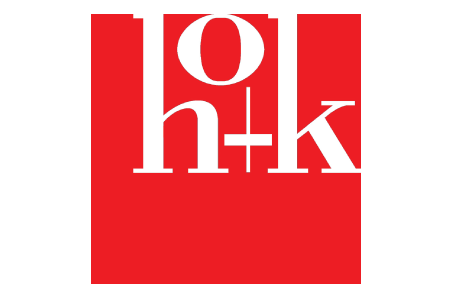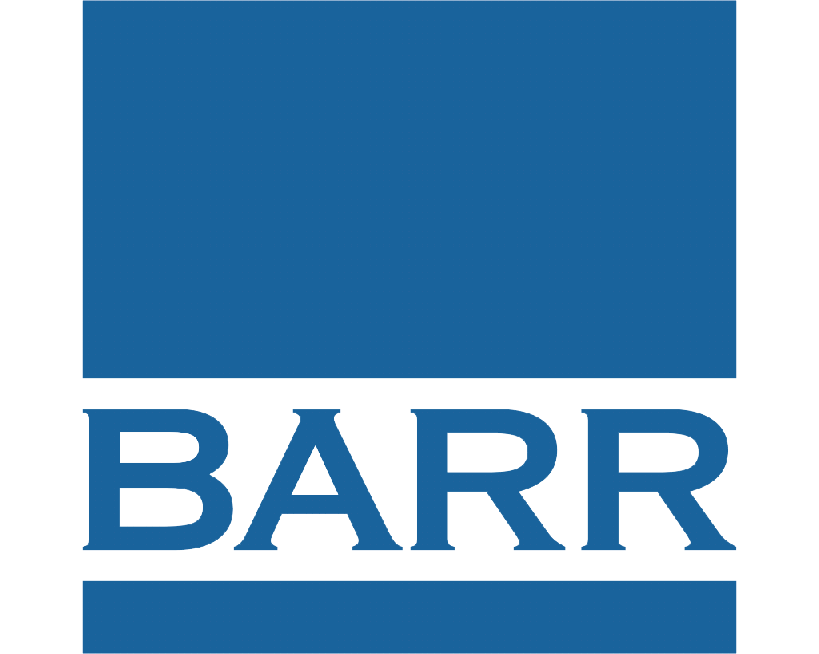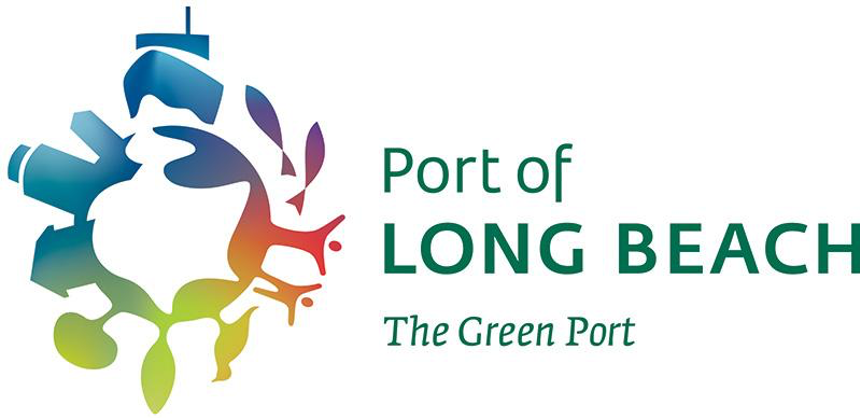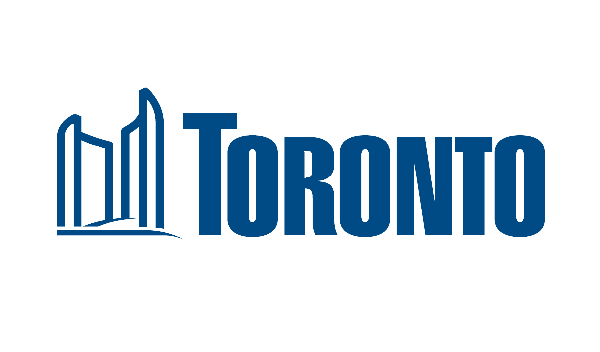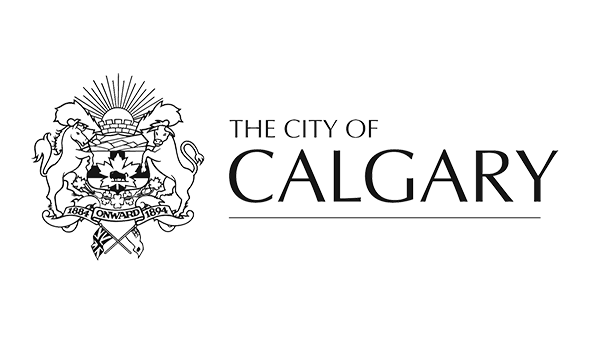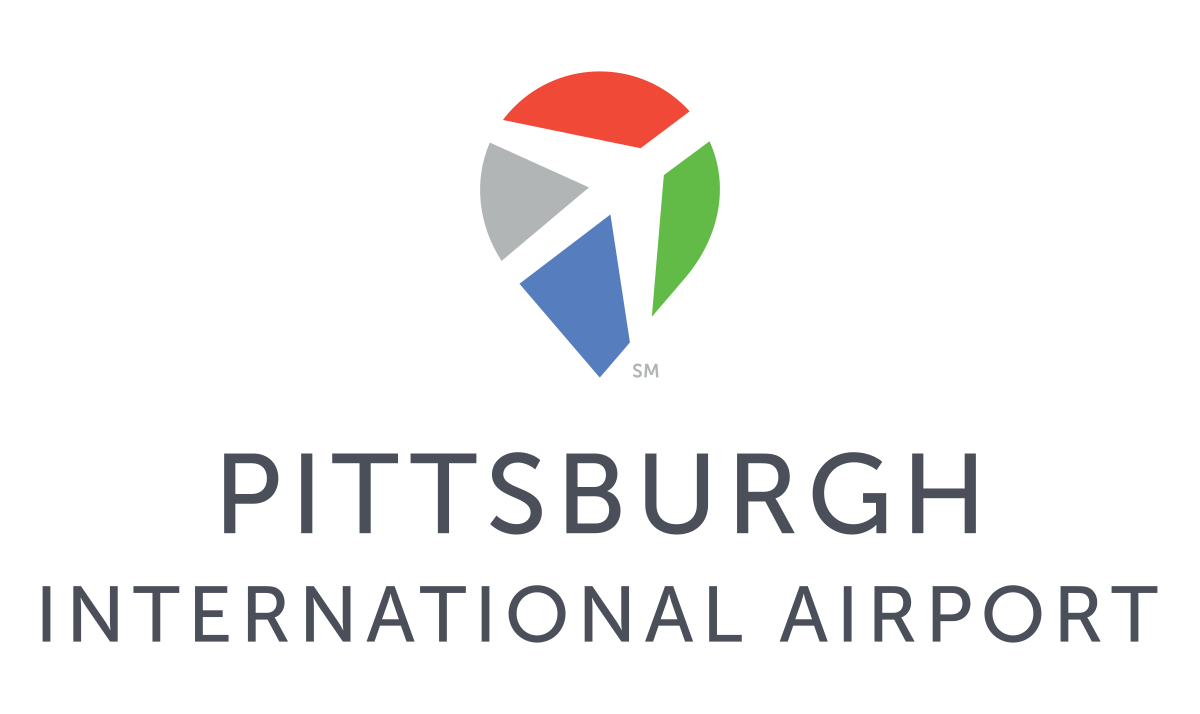Sectors We Advise
- Aviation
- Clean Energy
- Freight Rail & Ports
- Real Estate
- Resilience, Climate Adaptation & Mitigation
- Stormwater & Landscape Architecture
- Transportation
- Urban Planning
- Water & Wastewater
Expertise
Autocase Economic Advisory supports the aviation sector by quantifying and valuing terminal enhancements, sustainable investments in airport design, energy and water efficiencies, among other aviation infrastructure investments.
Projects
San Francisco International Airport (SFO): Ongoing economic support across multiple sustainability investments from net zero and decarbonization to electric vehicles and high-performance terminal redevelopment design, to waste and recycling.
Hartsfield-Jackson Atlanta International Airport (ATL): Ongoing business case analysis of design decisions and capital planning of sustainability investments at ATL.
Dallas-Fort Worth International Airport (DFW): Ongoing economic analyses of various sustainability investments to enable DFW to justify and provide the business case for funding and investments.
LaGuardia Airport (LGA): Economic analyses to support planning and design of LGA’s terminal redevelopment with LEED and Envision certifications.
Los Angeles World Airports (LAWA) – Los Angeles International Airport: Supported LAWA’s utility master planning by prioritizing 17 alternative scenarios and 6 utility types via financial and triple bottom line cost benefit analyses.
Port of Portland – Portland International Airport (PDX): Aided the prioritization of early-stage capital planning projects of the PDX’s $1 billion terminal core redevelopment.
San Diego International Airport: Quantified and monetized the costs and benefits of achieving LEED Silver, Gold, and Platinum designs.
Philadelphia International Airport: Complex economic business case analyses for multiple investments at PHL such as decarbonization with geothermal energy and conversion of fleet vehicles to electric energy.
Expertise
Autocase Economic Advisory supports the clean energy sector by quantifying and valuing decarbonization and electrification strategies, investments in clean energy infrastructure, building and site sustainability certifications, among others.
Projects
New York State Energy Research and Development Authority (NYSERDA): Estimated the long-term value proposition of decarbonization investments under the ambitious Carbon Neutral Buildings Roadmap aspect of the New York Climate Leadership and Community Protection Act (CLCPA).
City of Vancouver: In partnership with the Canadian Impact Infrastructure Exchange (CIIX), evaluated the costs and benefits of multiple ownership scenarios for a renewable natural gas recovery project at the Vancouver Landfill in Delta, BC.
City of Edmonton: Provided clean energy economics to support the City’s decision making by evaluating the tradeoffs across 13 clean energy strategies including district energy, high performance buildings, solar photovoltaics, among others.
Metro Wastewater Reclamation District: Risk-adjusted economic analysis with system reliability/redundancy to analyze clean energy investments such as combined heat power (CHP) systems using extracted biogas, nutrient removal alternatives, effluent temperature regulations, biosolids management systems, as well as a 100 MW wind-farm.
City of Pickering: Informed the City of the expected economic impacts from decommissioning the Pickering Nuclear Generating Station via integrated economic and financial modelling.
Colorado Springs Utilities: Conducted investment analysis of decommissioning the Martin Drake Power Plant focusing on issues pertaining to the timing, energy source alternatives for replacement power, as well as a broad range of economic, environmental, and social impacts.
Denver Metro Wastewater Reclamation District: Engaged to evaluate the financial, social, and environmental implications to a 100MW turbine installation in order to determine its viability.
City of Portland: Provided the City with the triple bottom line costs and benefits of a variety of alternatives to beneficially reuse biogas from wastewater residual.
Expertise
Autocase Economic Advisory has developed business cases to acquire federal funding across nearly all types of freight & port transportation infrastructure sectors with analysis for investments such as: grade separation; rail yard, port and capacity enhancements; track rehabilitation; marine terminals; intermodal and transload facilities. Our case studies prove the merits of your projects, and express your project assessments in terms of monetized benefit categories. Our aim is to support timely investment optimization through the project planning, design, and delivery.
Projects
Port of Long Beach (POLB): Proudly provided the economics for the successful competitive-based grant funding application for the East Basin Rail Fourth Track Expansion, resulting in $8 million in funding from the Trade Corridor Expansion Program. Access the blog.
WSP Global: Provided WSP Global with the economic evidence for various train station designs seeking LEED certification for the California High Speed Rail.
Capital Metro Transportation Authority: Provided a multimodal transportation alternatives analysis using a risk-adjusted cost-benefit analytical framework that reflected the EPA-HUD-DOT livability principles for the North Central Corridor in Austin, Texas.
Kansas State Department of Transportation (KDOT): Engaged to provide an economic analysis, including multi-criteria assessment tool development and an economic impact evaluation, to assist KDOT and its advisory group in selecting the most compelling freight rail transload sites within the state to develop.
Iowa Northern Railroad and the Iowa Department of Transportation (IDOT): Conducted a cost benefit analysis for grant applications for the US Department of Transportation for two major portions of the UMTH project that improved freight rail efficiency and capacity, diverted existing freight from truck to rail, reduced truck miles traveled, and reduced highway maintenance costs, transportation costs, congestion costs, and accident costs.
University of Alaska Fairbanks: Conducted a cost benefit analysis for the proposed Alaska-Canada Rail Link, the analysis integrated a P3 analytical framework to determine the optimal cost sharing mechanism between public and private sectors (government and rail operators).
Georgia Ports Authority: For the Regional and Multimodal Connector project, estimated the value of financial and public benefits including diverted truck to rail freight impacts such as reduced emissions, congestion reduction, safety enhancements, shipper and operational costs savings, and flood risk mitigation.
Memphis and Shelby County Port Commission: Evaluated the expansion in capacity at the Port of Memphis, the fourth largest inland port in the country, to expand the rail service on Presidents Island, in addition to investing in a pedestrian and cycling trail for residents.
Expertise
Autocase Economic Advisory supports the real estate sector by combining our cloud-based software Autocase with our customized economic consulting expertise in high-performance building and site design, occupant health and wellbeing, transportation economics, and sustainable design.
Projects
Rexford Industrial: provided the robust economic analytics for Rexford Industrial’s Corporate Sustainability ESG Reports 2019 and 2020.
Brookfield Properties Development: provided the economic lens for BPD’s sustainability investment decisions by determining the benefits to the community and occupants of 5 mixed-use office-residential properties across California as well as Livingston Urban Farm and Stormwater Pond in Calgary, Alberta.
Miami-Dade County: Supported the County’s Sustainability and Resilience Department to conduct an economic analysis demonstrating the county-wide as well as building specific benefits of Building Efficiency 305.
New York State Energy Research and Development Authority (NYSERDA): Estimated the long-term value proposition of decarbonization investments under the ambitious Carbon Neutral Buildings Roadmap aspect of the New York Climate Leadership and Community Protection Act (CLCPA).
Defense Health Agency (DHA) – Department of Defense: Engaged to provide general advisory services regarding multicriteria decision framework development for DHA facility management operations and capital planning.
Prologis: Developed a sustainability business case evaluation tool to assess the triple bottom line economic, social and environmental impacts of its facilities across North America to support internal capital planning and community engagement.
California State University (CSU): Partnered with HOK to analyze eight sites for campus expansion for CSU using multi-criteria analysis (MCA), thereby ranking sites most optimal for investment by CSU.
Urban Land Institute (ULI): evaluated a series of sustainably-oriented large-scale major buildings projects for Jamestown Properties, LaSalle Investments, and Prologis.
Pratt & Whitney: provided facilities capital planning and economic analysis support by evaluating the returns and employee benefits from LEED and non-LEED manufacturing facility designs.
Expertise
Autocase Economic Advisory supports resilience infrastructure by quantifying and valuing the benefits of reducing the harmful effects of climate change, and natural weather-based hazards.
Projects
City of New Orleans: For the 100 Resilient Cities ‘National Green Infrastructure Challenge’, we leveraged ecosystem service data to create an enhanced tool allowing local planners to measure the triple bottom line costs and benefits of the Mirabeau Water Garden.
Miami Downtown Development Authority: assessed the value at risk and avoided costs of coastal resilience investments into sea walls and living shorelines using GIS-based sea level rise projects and storm intervals. Access the report.
The Rockefeller Foundation: In partnership with Wood and Social Finance, developed The Urban Resilience Fund (TURF) Screen tool to screen, evaluate and prioritize resilience infrastructure projects for funding by international funding agencies.
Institute for Catastrophic Loss Reduction (ICLR): National economic analysis study commissioned by the insurance industry to estimate the costs and benefits of residential resilience devices in mitigating damages from climate change induced short duration-high intensity rainfall and extreme wind events.
US Department of Energy – National Renewable Energy Laboratory (NREL): Crafted multi-sectoral training program for the Government of Gabon focused on economic evaluation techniques for transportation, hydroelectric, wastewater management, and municipal solid waste sectors.
New York State Energy Research and Development Authority (NYSERDA): Engaged to utilize economic analysis as a means to support decarbonization strategies under the Carbon Neutral Buildings Roadmap aspect of the New York Climate Leadership and Community Protection Act (CLCPA).
Lloyd’s Register: With Wood Group, built the concept of ‘Resilience Return on Investment (RROI)’ to quantify the value of resilience engineering as the new normal for infrastructure projects.
City of San Antonio: Supported the San Antonio Climate Action Plan with the economics to prioritize greenhouse gas mitigation and adaptation strategies to reach carbon neutrality by 2050. Access the report.
Canadian Impact Infrastructure Exchange (CIIX): Strategic expert role to value the environmental, social, and governance resilience across stormwater, wastewater, and energy infrastructure projects.
Expertise
Autocase Economic Advisory supports the stormwater and landscape architecture sectors by quantifying and valuing the benefits of investments in nature-based solutions, blue-green, green, and/or green-gray infrastructure.
Projects
Metrolinx: Engaged with PWC to assess the costs and benefits of various sustainable design options for a selected parking lot at Metrolinx – one of North America’s largest transit agencies and owner of parking lots.
Mobile Bay National Estuary Program: Provided the economic justification, including benefits to ecosystem functioning, for the D’Olive Watershed stream restoration in Mobile Bay via cost benefit analysis.
Pima County: Supported the County’s stormwater management planning by providing a comprehensive economic analysis of the value to the government, community, and environment.
Los Angeles County Department of Public Works (LACDPW): Six large-scale, green infrastructure sites across Los Angeles County, California were assessed to determine the tradeoffs between capital investment costs and benefits to local communities and ecosystems. A gap analysis outlined the pathway towards an economic tool that could be used for project prioritization.
San Antonio River Authority (SARA): Supported SARA’s GSI Master Plan for portions of the Upper San Antonio River Watershed, Texas, a TBL-CBA was conducted to value the impacts associated with a suite of eight sites, currently characterized as turf-covered, that were modeled for potential green stormwater infrastructure (GSI) Best Management Practices (BMPs).
Wood: Estimated the value of community and environmental benefits from the McCoy Creek Restoration project investments in trails; playgrounds; a community garden; an outdoor classroom; fitness areas; bird watching opportunities; picnic areas; fishing docks; kayak launches; and a sloped bank to host open-air performances.
Pittsburgh Water & Sewer Authority: Analyzed the benefits of green infrastructure designs across 30 priority sewersheds across the combined sewer system (CSS) in Pittsburgh, Pennsylvania.
City of Toronto: Provided the economic lens for an urban stormwater park, Raindrop Plaza, to optimize stormwater management and meet Toronto Water’s Wet Weather Flow Management Plan and Toronto Green Standard.
Credit Valley Conservation Authority: Evaluated the benefits of conserved space held by the Authority to adjacent land holdings in terms of reductions in disruption of business functions resulting from nuisance ponding, cost savings on utility bills as a result of lower ambient temperatures near green spaces, and lower crime rates in surrounding areas.
Evergreen: Ongoing engagement with Evergreen to evaluate schoolyard greening projects across Southern Ontario, this multifaceted perspective on schoolyard greening aims to provide micro and macro-level insights to decision makers as they consider program or policy level decisions about their green space.
Expertise
Autocase Economic Advisory supports the transportation sector by utilizing the latest peer-reviewed research, trustworthy data, and drawing on our decades-long experience.
Projects
Capital Metro Transportation Authority: Provided a multimodal transportation alternatives analysis using a cost benefit analytical framework for the North Central Corridor in Austin, Texas.
Transportation Research Board: Supported the development of guidelines to incorporate cost benefit analysis into transportation decision making in relation to climate change and extreme weather events.
City of Saint Paul: Provided the City with quantified impacts of sustainable transit investments considered within the transportation master planning of a major urban redevelopment. Access the case study.
City of Ottawa: Developed the cost of travel modeling to capture innovative benefit categories to support City-wide policy development and planning for their updated Transportation Master Plan.
City of Calgary: Crafted a custom, interactive multivariate evaluation tool with risk analysis for the City to understand the value proposition of alternative fuel scenarios for their bus fleet.
Translink: Developed a methodology to be adopted by Metro Vancouver region to estimate the full costs of multimodal transit (e.g., auto, truck, SeaBus, SkyTrain, cycling, walking)
Lake Tahoe: Assessed the public and private environmental and social benefits and costs associated with US Highway 50 improvements.
City of Shoreline: Supported the City’s federal TIGER grant application with a cost benefit analysis, risk analysis, and economic impact analysis of a multimodal corridor project.
City of Austin & the University of Texas at Austin: Crafted the economic lens for the innovative analytics tool, Sustainable Places Analytical Tool (STP) to more effectively plan municipal infrastructure, funded by the United States Department of Housing and Urban Development (HUD).
Expertise
Autocase Economic Advisory supports the urban planning sector by quantifying and valuing municipal development policies, investments in green space and infrastructure, changes to building standards and public housing, among others.
Projects
Pima County: Autocase valued the community benefits of a community farm in an urbanized and low-income neighbourhood in Tucson, AZ to help the sustainability team advocate for the public land use.
Houston Parks Department: Provided the economic evidence on the outcomes of reverting an undeveloped swath of forest into natural habitat or a proposed build out of a sports and recreation complex in Houston, TX.
Brookfield Properties Development: provided the economic lens for BPD’s sustainability investment decisions by determining the benefits to the community and occupants of 5 mixed-use office-residential properties across California as well as Livingston Urban Farm and Stormwater Pond in Calgary, Alberta.
Prologis: developed a sustainability business case evaluation tool to assess the triple bottom line economic, social and environmental impacts of its facilities across North America.
Expertise
Autocase Economic Advisory supports the water and wastewater sector by quantifying and valuing the benefits of investments in water supply, conveyance, wastewater treatment, and reuse.
Projects
Monterey Peninsula Water Management District: Crafted a probabilistic risk-adjusted cost benefit analysis for several investments – desalination facility, indirect potable reuse from the regional wastewater treatment plant, agriculture wash water, tile drainage, and stormwater conveyance design – to provide groundwater recharge supply to supplement drinking water supply in Monterey, California.
EPCOR: Conducted a triple bottom line CBA (TBL-CBA) to understand the outcomes from reducing solids loadings into the North Saskatchewan River by investing in residual management facilities at EPCOR’s water treatment plants and pursuing a drainage total loadings reduction strategy.
Port of Long Beach (POLB): Conducted an risk-based economic analysis with Monte Carlo of 72 stormwater treatment options to rank sites and inform the decision to capture stormwater at the Port of Long Beach (POLB), California.
City of Charlottetown: Estimated the outcomes of investments in geothermal energy production, technology to harness heat from liquid waste, solar photo-voltaic panels, an on-site greenhouse, biosolids drying facility, and Smart Infrastructure sensors under consideration by Charlottetown’s Pollution Control Plant in Prince Edward Island.
American Rivers: Valued the benefits in terms of avoided flood damages, salmon rehabilitation, recreational opportunities, and reduced maintenance costs from the removal of the Nelson Dam and river reach naturalization in Yakima County, Washington.
Metro Wastewater Reclamation District: Risk-adjusted economic analysis with system reliability/redundancy to analyze clean energy investments such as combined heat power (CHP) systems using extracted biogas, nutrient removal alternatives, effluent temperature regulations, biosolids management systems, as well as a 100 MW wind-farm.
Denver Metro Wastewater Reclamation District: Engaged to evaluate the financial, social, and environmental implications to a 100MW turbine installation in order to determine its viability.
City of Portland: Provided the City with the triple bottom line costs and benefits of a variety of alternatives to beneficially reuse biogas from wastewater residual.
Trusted By Industry
A complex project can be costly and time-consuming. We can help with that.
We believe that by placing a value on the triple bottom line we can ensure that the impacts, both costs and benefits, to people and nature influence decision making alongside traditional financial metrics. With this comes the responsibility to assure that the work we do is just and equitable while also being transparent, rigorous, and objective.
Our team specializes in developing complex economic models to inform capital projects and policies by incorporating environmental, social, and governance (ESG) factors into decision making and project valuation. Infrastructure and real estate projects are often developed to enhance public benefits, but often these co-benefits are overlooked; investments in sustainability, resilience, and community outcomes have value that must be quantified to ensure the most sophisticated planning approach and best outcomes – optimal designs, greatest value-for-money, new funding opportunities, mitigated risks, and stakeholder buy-in.
- Capital Investment Planning Valuation and Prioritization
- Carbon Life Cycle Analysis
- Cross Asset Strategic Planning
- Econometric Modeling/Statistical Analysis
- Economic Impact Analysis
- Environmental, Social, & Governance (ESG) Valuation
- Financial Life Cycle Cost Analysis
- Geospatial (GIS) Impact Evaluation
- Grant Application Support
- Infrastructure Economic Analysis
- Master Utility Planning Analysis
- Multicriteria Decision Analysis
- Natural Capital Valuation
- Regulatory Economic Analysis
- Resilience Analysis with Climate Change
- Real Estate Economic Analysis
- Risk Analysis
Our Expertise
Our team of experienced consultants have conducted economic analyses on over $100 billion worth of projects and successful grant applications
See who is using Autocase Economic Advisory
Cost Benefit Analysis of Key Climate Strategies
As San Antonio continues work on the American Cities Climate Challenge, Autocase helps develop a plan that prioritizes reducing greenhouse gases and outlines strategies to prepare the city for climate risks. Access the City’s Executive Summary Report below



